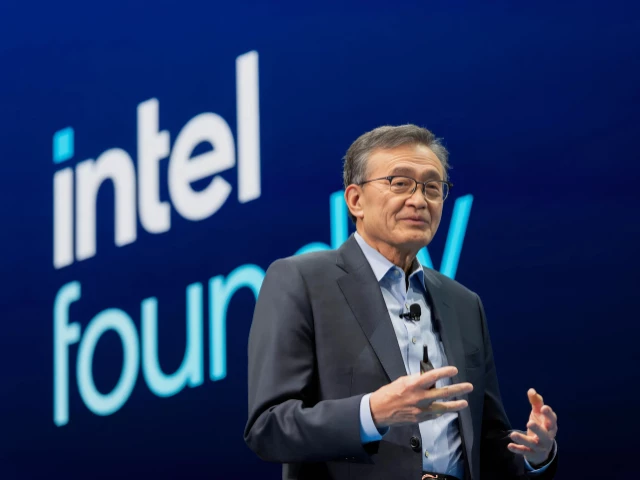Intel CEO admits it's 'too late' to be competitive with AI rivals
Intel CEO admits it's "too late" to catch up with AI giants, as the company faces challenges in semiconductor industry

Intel’s recent struggles in the highly competitive semiconductor market have come to a head, with the company’s CEO, Lip-Bu Tan, claiming that the company has fallen behind in the AI race.
According to Oregon Tech, Tan confirmed internally that Intel is no longer a contender among the top 10 semiconductor companies, marking a stark contrast to its previous dominance in the industry.
Intel has faced significant setbacks over the past few years, with issues ranging from poor market reception of its hybrid architecture to its struggles in the GPU market.
Despite Intel's historical dominance in CPU technology, competitors like AMD and Nvidia, along with tech giants such as Apple, have gained substantial ground, particularly in the rapidly advancing AI and data centre sectors.
Tan’s admission comes alongside a major restructuring effort by the company, including widespread layoffs to curb costs, especially after high research and development expenses pushed Intel into a $16 billion loss in the previous quarter.
The shift in focus includes an emphasis on edge AI, aiming to bring processing capabilities directly to devices, rather than relying solely on cloud-based computing, a move that Tan believes could help Intel reclaim some relevance in the rapidly changing landscape.
While acknowledging Intel’s lag in AI, Tan is determined to pursue new directions in autonomous AI systems and enhance the company's focus on areas where it can still excel.
Despite these optimistic future plans, many in the industry see Intel’s current position as a consequence of failing to capitalise on emerging trends, allowing its competitors to take the lead.
The company is looking to make significant strategic changes, with new talent acquisitions and a potential restructuring of its core operations.
It remains to be seen whether these efforts will be enough to regain Intel’s lost ground or if the company will continue to trail behind its more agile competitors in the tech world.



















COMMENTS
Comments are moderated and generally will be posted if they are on-topic and not abusive.
For more information, please see our Comments FAQ